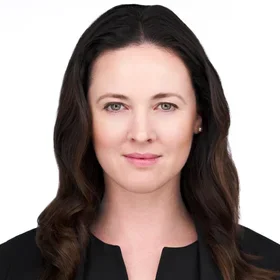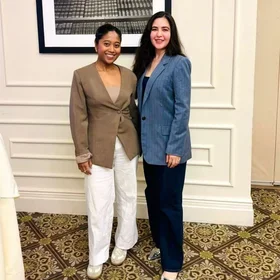Mark Turner (’10SPS, Negotiation and Conflict Resolution) has served in the New York City Police Department for twenty years. In 2009, he received the Police Commissioner Scholarship, which allowed him to go on sabbatical and attend Columbia University’s School of Professional Studies. Turner received his M.S. in Negotiation and Conflict Resolution (NECR) the following year and returned to the NYPD with the skills to develop three transformative programs. Between 2014 and 2018, he created SMART Policing to improve officers’ verbal language, the Field Training Program for mentoring new officers, and the Crisis Intervention Training that discussed safe encounters with individuals experiencing emotional distress.
What attracted you to the program?
For over a quarter century, New York City has been dominated by two prevailing philosophies in the area of crime fighting. Community policing was one. Community policing sought to empower the individuals at the bottom of the organization hierarchy (the person with the lowest rank and least power in the organization). Full enforcement or “problem-solving policing” was the other philosophy which was produced in 2003. The “operation impact” program encouraged officers to fully enforce the New York State Penal Law with little discretion. I concluded that project impact may have been well intended; however, it stifled the officers’ ability to demonstrate empathy. I wanted the opportunity to create a new policing paradigm with improved communication skills and empathy at the core.
What skills did you build and improve on through the program?
The first of many benefits I had received in the NECR program was in the area of interpersonal skill building. Conflict had been perceived as something foreboding, intractable, and unavoidable. However, conflict is as much an opportunity as it is an obstacle in human relations. The NECR program improved my understanding of negotiations through basic skills such as active listening to more complex skills like navigating through a crisis at any given time.
The inherent flexibility of the program was an asset. I was fortunate to have had a great experience in the NECR program. The faculty was phenomenal and extremely helpful. I am grateful to have been part of the inaugural cohort, a great group of individuals who formed into an extraordinary team.
How have these skills helped you succeed at your job?
Upon my return to the NYPD after a 10-month sabbatical, I taught at the Police Academy and began to build a curriculum that would create a new and improved communication paradigm for the organization. The cornerstone of my team’s work was titled Smart Policing with the motto “talk down before a take down.” Smart policing encouraged officers to work on their verbal skill sets. The second program, called Field Training, was used for mentoring newly-assigned officers and fostered more tactful encounters with the thousands of New Yorkers we serve. Lastly, we created a program designed to deal with individuals with mental health challenges. Our Crisis Intervention Training program combined communication skill sets that are perishable if not used appropriately. Individuals should practice with mental health awareness for PTSD, schizophrenia, Alzheimer’s, autism, depression, and so on.


